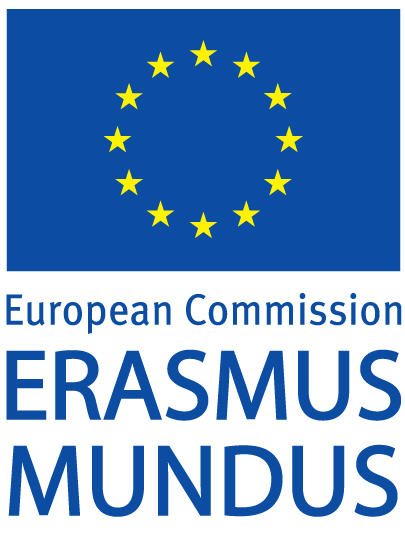Erasmus mundus Master's Course in Sustainable Tropical Forestry - SUTROFOR
For a more detailed presentation of the Erasmus mundus master's course in Sustainable Tropical Forestry please go to www.sutrofor.eu
The European Master in Sustainable Tropical Forestry - SUTROFOR - is an international, integrated two-year training qualification, the objective of which is to prepare students for the major challenges of managing tropical forests and their ecosystems. SUTROFOR has been awarded the European Erasmus Mundus label of excellence.
Partnerships
- Environmental Management Team (G-ENV) AgroParisTech, Montpellier, France
- University of Copenhagen, Life Sciences Faculty, Denmark
- University of Bangor, School of Agronomy and Forestry, Wales, United Kingdom
- Dresden University of Technology, Institute of International Forestry and Forestry Produce, Tharandt, Germany
- University of Padova, Faculty of Agriculture, Padova, Italy.
Eligible categories of students
All students from EU/AELE-EEE countries, as well as those from other countries with a valid student visa, are eligible for the course.
Course organisation
The first study year (foundation year) of this cursus will take place in one of the following three institutions ; Bangor, Copenhagen, Dresden. For the second year, the student will choose one of the speciality proposed by each the five institutions.The second year must be spent in a different institution from the first year.
The first year teaching programme consists of a solid foundation and thorough grounding in the elementary principles of tropical forestry management. The foundation year syllabuses proposed by the three institutions are closely aligned, and intended to allow a consistent and well orientated progression into any of the five specialities.
A summer module which is the same in each of the institutions, and incorporates a field study in a tropical zone concludes the academic year.
The second year specialisations are as follows :
- Environmental Management and Politics for Tropical Forestry (Montpellier). The curriculum is equivalent to the MSc 2nd year "Environmental Management of Ecosystems and tropical Forests".
- Agroforestry Systems (Bangor)
- Socio-economics of Tropical Forestry (Copenhagen)
- Tropical Forestry planning (Dresden)
- Ethical Forestry and Ethical Commerce in Tropical Forestry Products and Services (Padova).
Once the student has obtained 120 ECTS in two of the consortiums institutions, they will be awarded the SUTROFOR diploma with the Diploma Supplement.
All the modules are taught in English, except the second year at Montpellier where they are in French.
The following diplomas are awarded :
- Msc in Environmental Management of Ecosystems and tropical Forests (Montpellier)
- Msc in Agricultural Developement (Copenhagen)
- Msc in Tropical Forestry (Bangor)
- Msc in Tropical Forestry (Dresden)
- Msc in Environmental Forestry (Padova)
Enrolment
Due to the program termination in 2022, applications are not possible anymore.
The European Msc in Sustainable Tropical Forestry is open to European and non-EU students.The principal criteria for the selection of candidates are as follows :
- A higher national diploma or equivalent, in Forestry, Biology, or in related field such as environmental science, political science, geography, or management
- Curriculum Vitae
- Some practical experience is desirable
- Personal letter of motivation
- Two references.
The intake in Montpellier second year is the same as the GEEFT national MSc curriculum.
Career Opportunities
The Environmental Management of Ecosystems and Tropical Forests training programme is intended to students seeking careers in the area of international development and management of tropical forests and their ecosystems. However a significant part of the cursus is applicable to non-tropical forest which are affected by questions of forestry development and sociological management of the environment.
In Europe as well as in the Southern hemisphere countries, this course is of interest to both the public and private sectors because these employers are international organisations, administrations, territorial cooperatives, councils, public establishments, environmental forestry research organisations, development NGOs or Conservation NGOs, experts in forestry management, as well as commercial felling companies and lumber dealers. The employment categories corresponding to this course are :
- Manager/field manager for an international organisation
- Research manager in forestry environment
- Forestry ecosystem manager
- Researcher
- Forestry allocation expert
- Forestry biodiversity conservation manager
- Research and development project manager
- Public administration forestry and environmental engineer.
The double Master Msc diploma means that the student will be eligible for admission into one of the first or second year institutions to pursue a doctorate degree, providing the student has a valid project proposal which must be under appropriate supervision and with appropriate funding.
For further information on the SUTROFOR MSc programme please go to www.sutrofor.eu









